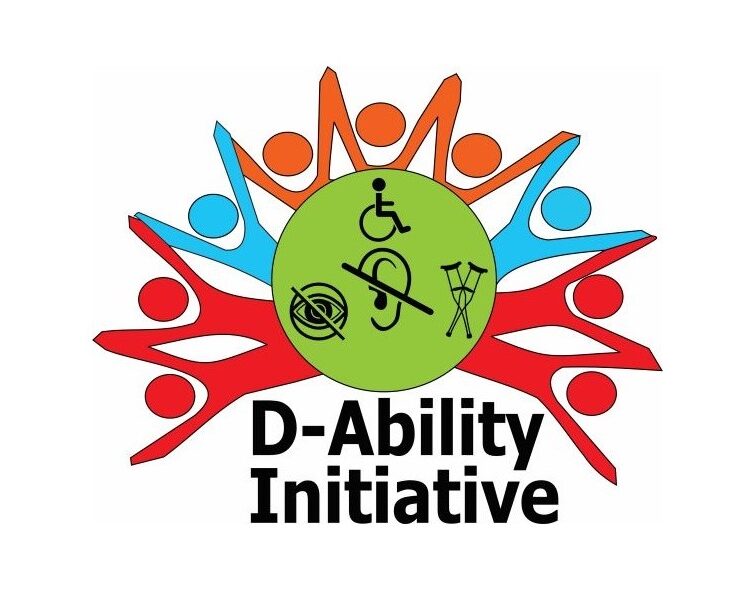
Menstrual Hygiene Day
The World Menstrual Hygiene Day is observed globally every 28th of May because the average interval of a menstrual cycle is 28 days and the cycle continues for about five days a month. Since May is the 5th month of the year, it was chosen.
Dehat Ability Support Initiative (D-Ability Initiative) partnered with the Centre for Creative Development Strategies to observe the World Menstrual Hygiene Day 2022, and to launch the Sustainable menstrual hygiene project. D-Ability Initiative ensured that women with Disabilities were invited, cared for, and made to participate actively in this event. The event received goodwill messages from different organizations, including D-Ability Initiative, represented by a team of Deaf and Hard of Hearing women, an interpreter, and the Monitoring and Evaluation Officer. The President, Dr. Kingdom Nwanyanwu, D-Ability Initiative, and other partner organizations carried out a campaign promoting the importance of menstrual justice.

Group Photo
The Monitoring, Evaluation, and Learning Officer thanked the audience for identifying with women and to show support for women regarding their menstrual hygiene. He emphasized that D-Ability Initiative is at the forefront of supporting girls and women who have challenges that may hinder their ability to take advantage of different opportunities. He sighted that the Organization is currently undertaking a project that is aimed at improving the livelihood outcomes of Deaf women and Girls in Obio Akpor Local Government Area of Rivers State by building their skills and earning capacity in the fashion industry.
He noted that some of the trainees are participating in the menstrual hygiene day with support from a sign language interpreter who is interpreting the activities of the event to them. One of the Deaf women (Mrs. Marvis Alam Igiri) shared her experience with participants at the event on the challenges she faced when she started seeing her menstruation at the age of 14, but that she is poised to educate her children and other Deaf girls about menstrual hygiene from the lessons she has learned.
Other stakeholder called on Government and international partners to ensure that just as condom is being given free to men/boys, sanitary pads should be given to girls & women for free. The representative from the Ministry of Women Affairs emphasized the need for government at all levels to ensure that they always provide free sanitary pads at schools and public centers. A panel of discussants talked about the role of stakeholders in promoting menstrual hygiene. They urged Educational institutions to be at the forefront of educating the girl child on the need to maintain menstrual hygiene, and to ensure that stigma from the male students is mitigated.
